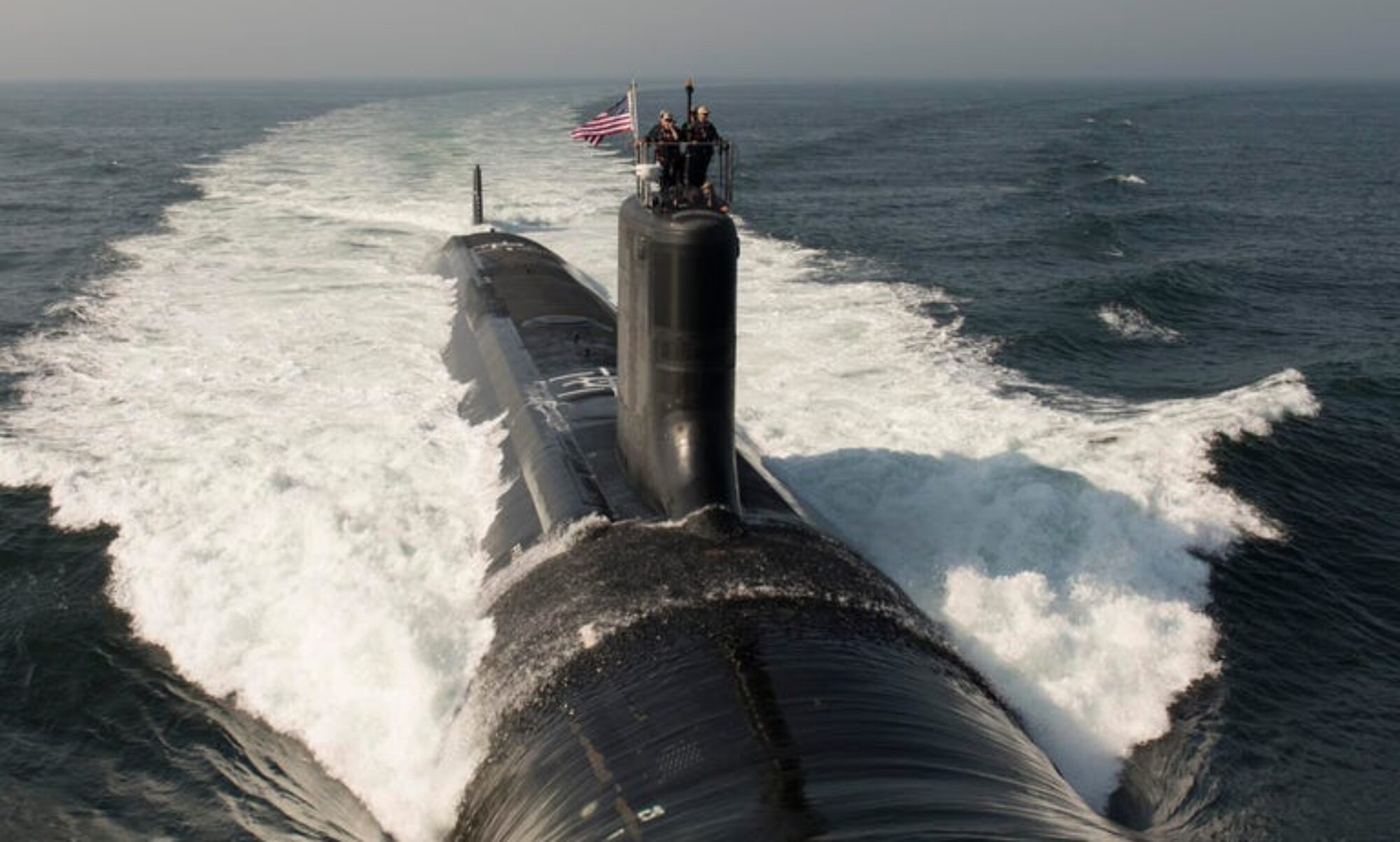During World War II, the United States Navy played a crucial role in the Allied victory. While some naval officers and crew members became well-known heroes, many others went unrecognized for their contributions.
One such group of unsung heroes was the Navy’s underwater demolition team, or UDT. These highly skilled divers were tasked with clearing the way for amphibious landings by removing obstacles such as mines and other explosive devices from the seafloor.
Among these brave men was a young diver named Jack. Jack had grown up in a small town in the Midwest and had always been fascinated by the ocean. When he heard about the UDT, he knew that he had to be a part of it. He trained for months, learning how to use explosives and navigate underwater. When he finally graduated, he was assigned to a team that would be involved in the upcoming invasion of Okinawa.
As the invasion approached, Jack and his team were tasked with clearing a path for the landing craft. They worked tirelessly, swimming back and forth between the shore and their ship, carefully placing explosives and detonating them to clear the way. The work was dangerous and exhausting, but they knew that the success of the invasion depended on their efforts.
On the morning of the invasion, Jack and his team were among the first to hit the beach. They had to clear a path through a dense minefield while under heavy fire from enemy troops. But they pressed on, working through the smoke and the chaos to make sure that the landing craft could make it to shore safely.
Thanks to their efforts, the invasion was a success. The Allies were able to gain a foothold on Okinawa, which would prove to be a crucial stepping stone in the fight against Japan. But despite their heroism, Jack and his team were never recognized for their bravery. They returned home quietly, slipping back into civilian life without fanfare or celebration.
Years later, as an old man, Jack would look back on his time in the UDT with pride. He knew that he and his fellow divers had played a crucial role in the war effort, and he was grateful for the experience. And while he may not have received the recognition that he deserved, he knew that he had done his part to help secure freedom and democracy for future generations.

